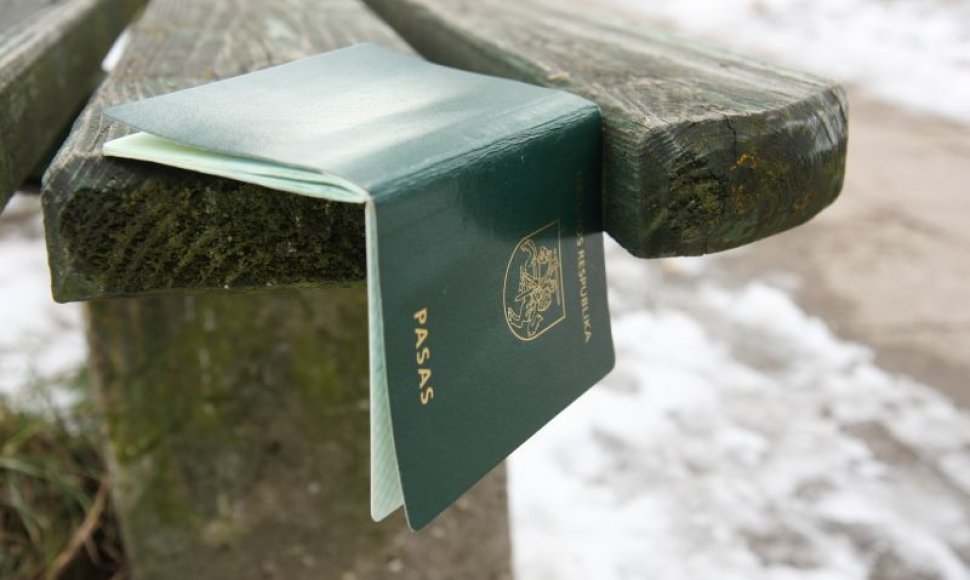As the current regulation goes, Lithuania's citizens of foreign origin have their names transcribed phonetically into the Lithuanian alphabet that does not include, for instance, characters "w" or "x." The issue has been particularly hot with the Polish community. For instance, the Polish community political representative Waldemar Tomaszewski has his name written as Valdemaras Tomaševskis in his passport.
"I do not see any reason of tainting an identification document with some other entries after the Court of Justice gave its ruling," the committee's chairman Stasys Šedbaras of the ruling conservatives said.
The European Union's (EU) Court of Justice has found that the Lithuanian system that allows spelling names in Lithuanian characters only was in line with the EU law.
Gintaras Songaila, author of the bill, said his proposal was a compromise, taking into consideration requests from national minorities, mainly Poles, to have the original spelling of their names in identification documents.
The Committee on Legal Affairs is the main committee of the Lithuanian parliament in charge of analyzing draft laws. In the past, three additional parliamentary committees have greenlit the draft with remarks and proposals.
The Wednesday's conclusion will now be proposed for a parliamentary vote.
Lithuania's Polish community and Polish politicians have long been asking the Lithuanian administration to allow original name-spelling in official documents, using non-Lithuanian characters. In 2010, the government proposed a relevant law to the parliament, which voted it down by vast majority.














